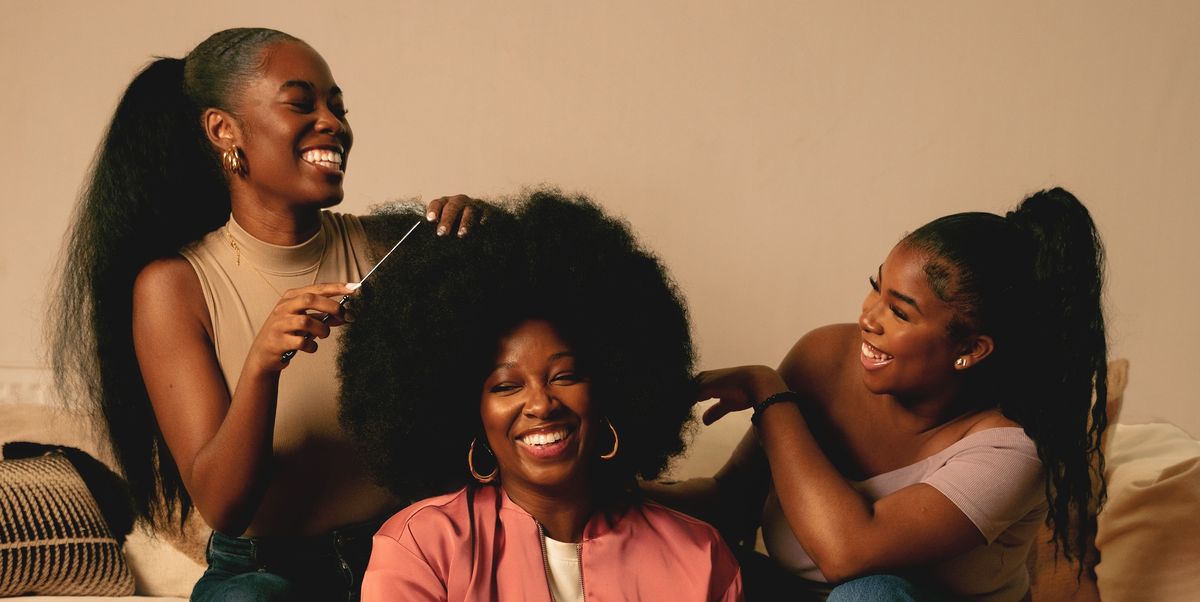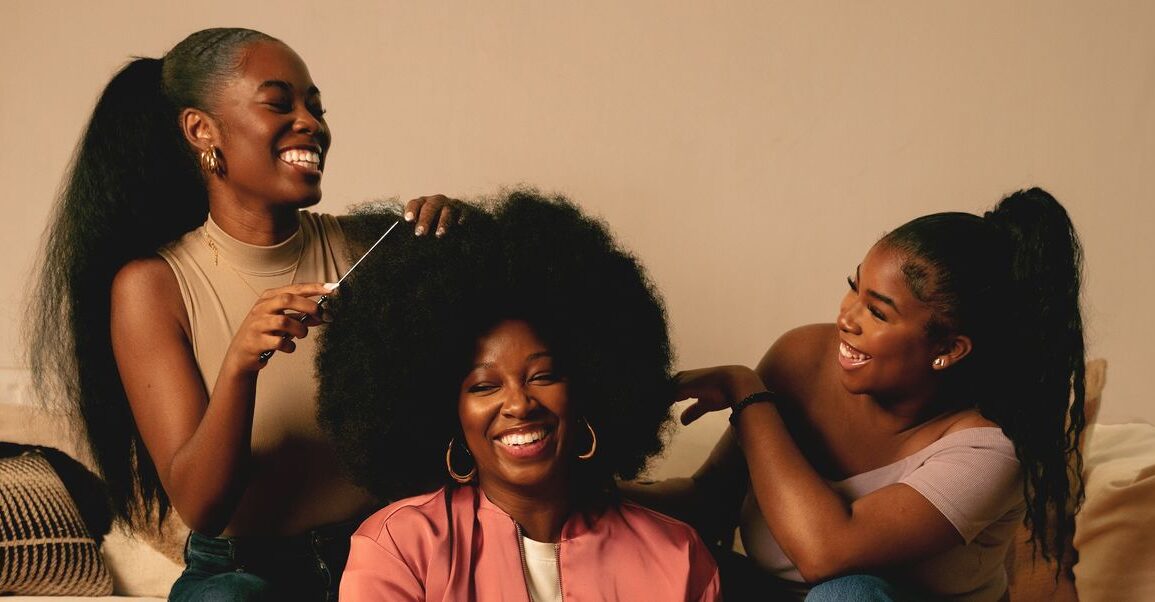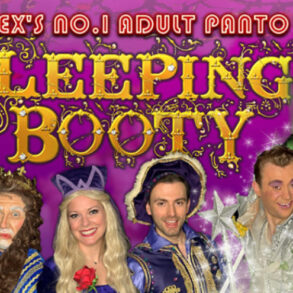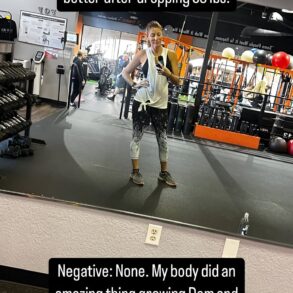
New research has revealed that Black and mixed heritage women over the age of 45 were 24 times more likely to conform to societal pressures when it came to their hair than 18-21 year olds.
For a third (29%) of over 45s with afro and textured hair, this pressure included being teased or facing negative remarks when they wore certain hairstyles. Although there is still work to be done, this differs for today’s younger generation as nearly three-quarters (70%) of 18-21 year olds say they feel confident enough to wear their choice of hairstyles without fear of judgement – whilst only half (50%) of those over 45 feel the same.
The confidence in wearing the hairstyles they desire has led to 18-21 year olds being 21 times more likely to have developed better relationships with their hair now versus how it’s been in the past.
To shed light on this, SheaMoisture has launched ‘Same Roots, New Rules’, a powerful new photo series that showcases four beautiful hair transformations of a group of mothers including British R&B singer, Jamelia, and a cast of real women. These hair transformations, which were inspired by their daughters, captured each woman’s dream hairstyle that they felt they could not wear growing up due to hair discrimination.
In recent years, almost three-quarters (72%) of over 45s think there is more positive representation of afro & textured hair in the media now compared to when they were younger and believe the next generation will feel even more empowered to wear their hair how they please.
Showing this to be true, nearly the same number (70%) of 18-21 year olds believe people their age feel confident enough to wear the hairstyles they choose and over four in five (84%) encourage those around them to embrace their hair and style it the way they want.
Jamelia, British R&B singer, commented: ‘Having spent a majority of my life in the entertainment industry, I rarely saw women that looked like me wearing their hair naturally. As such, I spent most of my career straightening my hair because I never had the confidence to rock my afro.’
Speaking about the early days of her career Jamelia told WH, ‘It felt normal to conform to what I now know are Western beauty standards on stage, leading to straightening my hair and erasing any hint of my hair in its natural form. In comparison to my daughters’ experience, I am very glad to see them grow up with a stronger sense of pride when it comes to their beautiful hair texture. They have more confidence than I had to wear their hair as it is and other styles that I have previously been unsure about.’
She adds that the biggest influence in helping me love and appreciate my natural hair more has been becoming a mother. ‘It was very important for me that my daughters have a more positive relationship with their hair and embrace their natural hair textures from an early age. Styling their hair, and witnessing their joy and confidence grow has been fundamental to my confidence. They have inspired me to do the same and leave all the negative thoughts behind.’
Whilst nearly two-thirds (62%) of Black and mixed heritage respondents experienced hardly any positive representation of afro & textured hair in the media growing up, over two-thirds (70%) cite that their healthy relationship with their hair can be attributed to the teachings from their mother, sister or grandmother.
Loraine Frimpong, Assistant Brand Manager, SheaMoisture EU said: ‘For so long, the representation of afro and textured hair within society and media has been so limited. The lack of this representation has led to a lack of confidence for women with curly and coily hair to wear their hair naturally. Now, more than ever, women with afro and textured hair are learning to fall in love with their natural hair.’
‘It’s important for us to shed a light on the relationship mothers and daughters have with their hair. Mothers have been uplifting their daughters and supporting them to wear the hairstyles they truly desire – this Black History Month, we want to celebrate mothers and allow them to finally wear the hairstyles that they have always wanted but were never encouraged to wear when they were growing up.’
To further encourage these positive conversations, SheaMoisture has launched a virtual affirmation board. Here people with afro and textured hair are urged to write a love letter for their curls, submit words of affirmation and explore the beauty of the natural hair community.
This post was originally published on this site be sure to check out more of their content.









